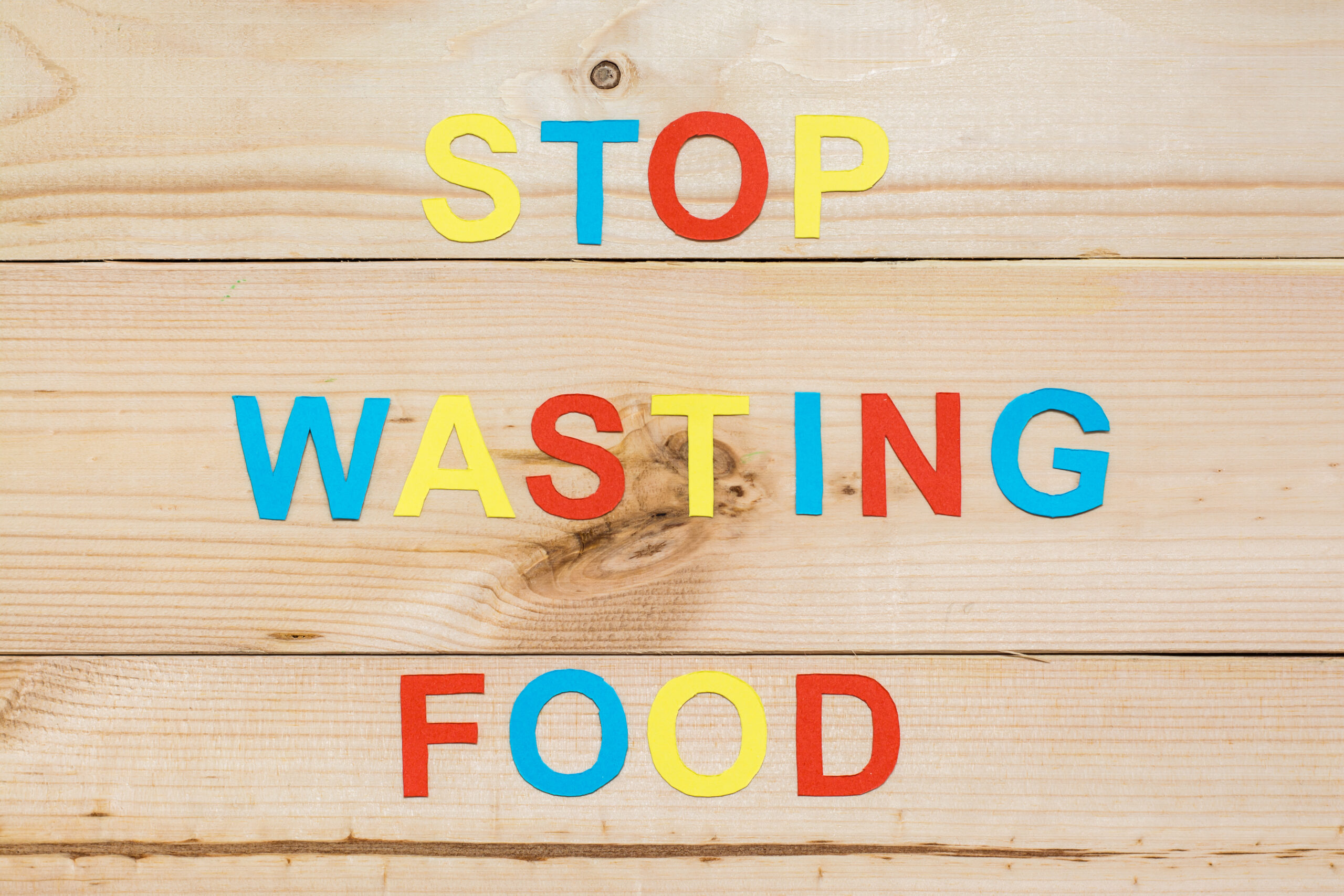A sunflower oil shortage is looming as Europe’s leading bottler of cooking oils, Edible Oils, warned that only a few weeks’ supplies remain. Because Ukraine and Russia produce about 60 percent of the world’s sunflower oil, the ongoing war is disrupting exports. As a result, the company said it was switching to other oils, and food manufacturers are reviewing their recipes.
The sunflower oil shortage is also causing the prices of cooking oils to skyrocket. The cost had already increased even before Russia’s invasion but now, sunflower oil is up sharply, to $1.76 (£1.34) a liter, according to NielsenIQ Scantrack data. Three out of four households buy cooking oil, and in the UK they spend almost $525 million (£400 million) a year on it.
Home cooks may cope with higher prices by changing their cooking method or trading down to cheaper, unbranded label oils. But aside from being a cupboard staple, cooking oil is used in abundance throughout the food industry, so shortages and price increases are adding to the pressure caused by other rising costs. Due to the sunflower oil shortage, manufacturers of products including crisps, chips and cereal bars have been forced to alter their recipes and replace sunflower oil with refined rapeseed oil.
Related: These Food Companies are Cutting Ties with Russia Amid War with Ukraine
Not to mention, Russia plans to restrict exports of sunflower oil and has imposed a ban on the shipment of sunflower seeds to relieve pressure on domestic prices. A 1.5 million-ton export quota will be introduced on sunflower oil from April 15, while a ban on shipping seeds out of the country came into effect late last week.
While some manufacturers turned to rapeseed oil to replace sunflower oil, UK frozen food retail chain Iceland revealed it would revert to using palm oil, a decision managing director Richard Walker told Just Food was taken with “huge regret” because of the commodity’s links with deforestation. He added it was “strictly a temporary move, and one that I would not countenance at all if I could see any viable alternative.”
“At the moment, Ukrainian farmers should be sowing the seeds now for harvest in October and November. Clearly, that’s not going to happen… we’re probably going to miss the season so we could be impacted for 12-18 months,” Kim Matthews, commercial director at Edible Oils, told the BBC.
However, due to the time and barriers required to change the label on time, many food manufacturers have been unable to replace sunflower oil with rapeseed or palm oil on their packaging. This prompted the Food Standards Agency (FSA) of England, Wales and Northern Ireland together with Food Standards Scotland (FSS) to issue the following warning:
“We are therefore advising that food products labeled as containing sunflower oil may have instead been produced using refined rapeseed oil and consumers should look out for additional information being provided by retailers and manufacturers to stay informed.” The agency added that allergies to rapeseed oil are rare and the risk of this substitute is “very low.”












Join or login to leave a comment
JOIN LOGIN